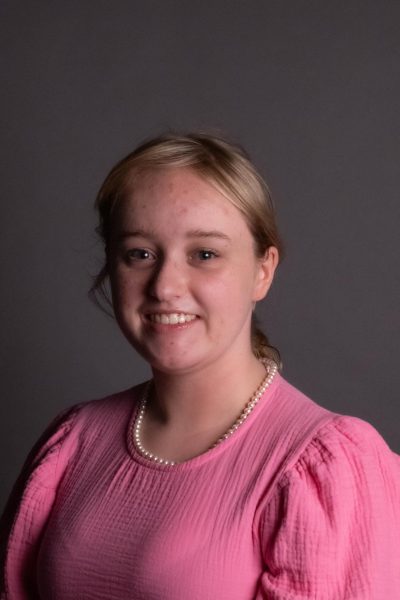Counseling Services sees surge in demand, understaffed
According to Mick Lynch “25% of students indicated that they were indeed coming to counseling for COVID-related concerns. And the areas of life they indicated as being most negatively impacted included: Mental Health, Finances, Motivation/Focus, Health Concerns, Academics, Loneliness or Isolation, and Grief/Loss,” Lynch said.
February 9, 2022
Winona State University Counseling Services has recently hit a new high of clients this school year, resulting in counseling staff’s schedules already filling up for the entire semester.
Mick Lynch, a counselor at Winona State, described the demand that has led to how full the Counseling Services schedule is.
“At any given time, this number [of appointments] is dependent on how many staff we have which also changes… that being said, for comparison’s sake, I believe last semester we saw around 375 students for a total of more than 1250 appointments,” Lynch said. “Our schedules are pretty much full all semester, every semester.”
Due to the boom in demand, counseling sessions are already being scheduled a couple of weeks out, Lynch said.
“…If the demand for services continues at the current rate, we will again be faced with a waiting list situation. Wait lists are almost inevitable given the high demand and limited resources,” Lynch explained.
Despite the surge in demand for counseling, there are only four counselors in Counseling Services. As described by Lynch, there are simply not enough hours in the workday for the four counselors to keep up and the emotional toll of turning people away has been heartbreaking.
“Please know that it breaks our hearts to turn people away,” Lynch said. “We try and tell anyone who will listen to seek help if they are having difficulty and it hurts to have to say, “Sorry, we’re full,” especially after someone musters up the courage to reach out. Helping students in need is what we are trained to do; it is what we have dedicated our entire professional lives to.”
All students pay for Counseling Services, regardless of if they are utilizing the university’s on-campus clinic or not, via the Health Service Fee included in tuition. According to Winona State’s website, the Health Service Fee is $6.16 per credit hour with a maximum fee of nearly $80 per term. For full-time students, this means they are allocating roughly $80 towards Health Services each semester.
“Right now, we have four counselors and we only have so many hours in a day. The fact is, we don’t have enough staff to deal with everyone who needs help and frankly, every enrolled student is paying for the opportunity to use counseling services. Are they getting that opportunity?” Lynch said.
Lynch also said most of the surge in demand has to do with the impact COVID-19 has had on students’ mental health. Based on Counseling Services surveying, 25% of students indicated they were seeking counseling for COVID-related concerns.
“The areas of life [students] indicated as being most negatively impacted included: mental health, finances, motivation/focus, health concerns, academics, loneliness or isolation and grief/loss,” Lynch said.
Liz Perry, a third-year student majoring in public relations, said she empathizes with the counselors at Winona State and in the workforce during the pandemic.
“Even years into the pandemic, the uncertainty of it all can be hard to navigate and I think that many students are turning to the experts for help. I can’t imagine how hard it must be to turn to someone for help, only to be told that they can’t help you. I know lots of people who would downward spiral if they heard that,” Perry said.
Although some may never look to the university for counseling, many students would like to have the option to have more than six sessions of on-campus counseling per semester. According to Lynch, the six-session limit per semester at Winona State is due the high demand of counseling.
“After a period of very high demand for counseling resulted in a waitlist, we decided to try a six-session per semester limit. Many universities have tried similar limits to address the same issue. We believed that this would still meet the need of the 90% of students who are seen fewer than six times in a semester and hopefully create some openings and make our services accessible to a greater number of students,” Lynch explained.
Despite the university’s vocal acknowledgement of the importance of equity and mental health, there seems to be a lack of actual physical actions being taken to back up those acknowledgements. According to Lynch, there needs to be an ‘honest look’ into these issues.
“All sectors of campus–administration, faculty, staff and students themselves–need to play a bigger role. Let’s all take an honest look at what is contributing to the distress and mental health problems of our students and then ask ourselves how we can individually and collectively address these things and create a more mental health friendly campus,” Lynch said.
“We also need to retain the counselors we have, stop cutting their hours and that of their support staff and make filling vacant counselor positions an urgent priority.”



































